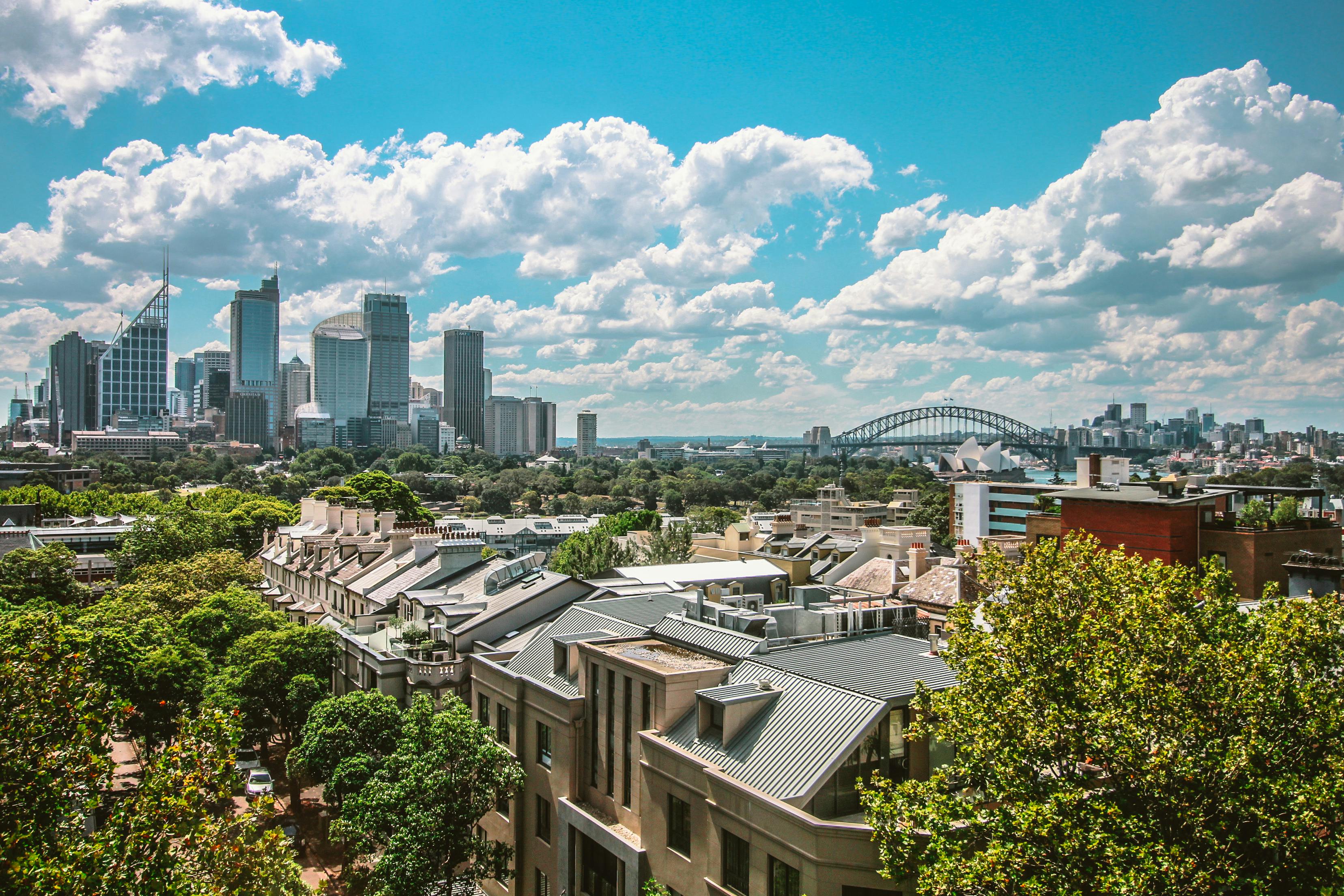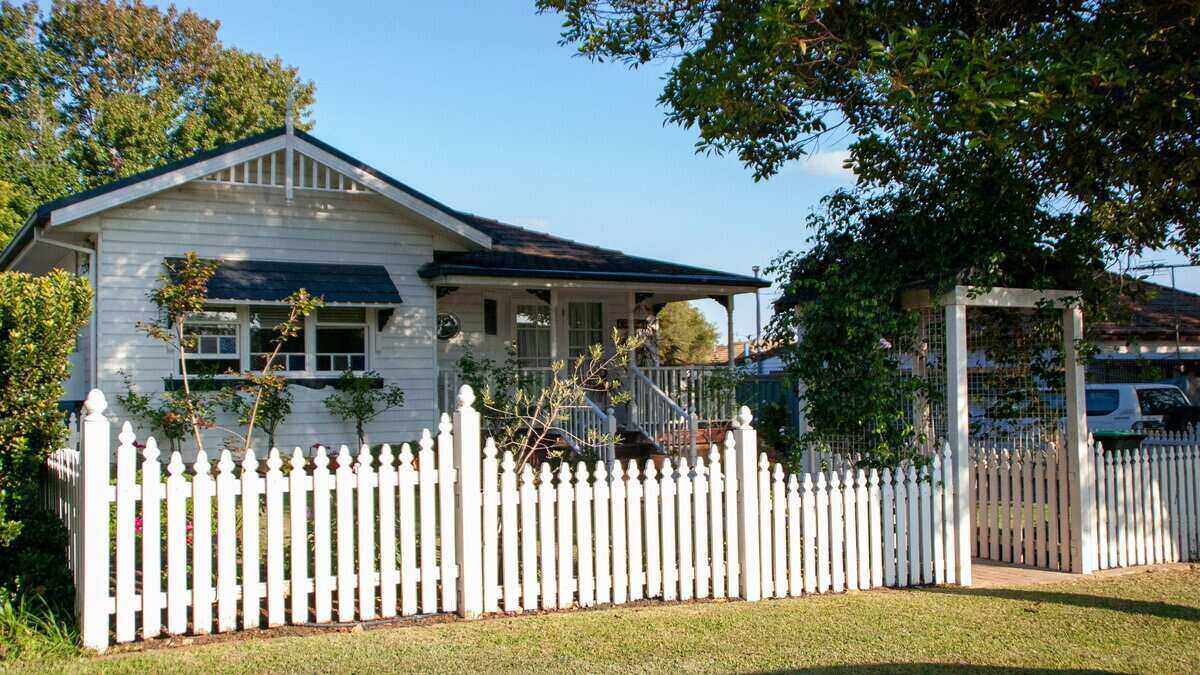Between 19-34% of the purchase price of a home in Victoria goes to government taxes and charges, according to a study released today by the Urban Development Institute of Australia (UDIA).
UDIA Victoria CEO, Danni Hunter said the research exposes how much Commonwealth, State and Local Government taxes, charges and levies contribute to the cost of new housing in Victoria.
“We’ve found that government charges can amount to over a whopping one-third of the purchase price of a new home or block of land in Victoria,” Hunter said.
“The large up-front cost then sits in the homebuyer’s mortgage, accumulating interest which adds even more to the amount they pay."
Buying a home or looking to refinance? The table below features home loans with some of the lowest variable interest rates on the market for owner-occupiers.
| Lender | Home Loan | Interest Rate | Comparison Rate* | Monthly Repayment | Repayment type | Rate Type | Offset | Redraw | Ongoing Fees | Upfront Fees | Max LVR | Lump Sum Repayment | Extra Repayments | Split Loan Option | Tags | Features | Link | Compare | Promoted Product | Disclosure |
|---|---|---|---|---|---|---|---|---|---|---|---|---|---|---|---|---|---|---|---|---|
5.54% p.a. | 5.58% p.a. | $2,852 | Principal & Interest | Variable | $0 | $530 | 90% |
| Promoted | Disclosure | ||||||||||
5.49% p.a. | 5.40% p.a. | $2,836 | Principal & Interest | Variable | $0 | $0 | 80% |
| Promoted | Disclosure | ||||||||||
5.64% p.a. | 5.89% p.a. | $2,883 | Principal & Interest | Variable | $250 | $250 | 60% |
| Promoted | Disclosure | ||||||||||
5.64% p.a. | 5.89% p.a. | $2,883 | Principal & Interest | Variable | $248 | $350 | 60% |
| Disclosure |
The government taxes and charges included in the study are stamp duty, developer land tax, GST, foreign buyer surcharge on stamp duty, developer council rates, infrastructure contributions, growth area infrastructure contribution, open space levy, metropolitan planning levy and statutory utility charges.
A first home buyer purchasing a block of land for $200,000 would hand over $62,480 plus interest, or about 29% of the purchase price to government taxes and charges.
A couple with two kids buying a $315,000 block of land would hand over $106,314 plus interest, or about 34% of the purchase price in government charges.
A retired downsizer buying an off the plan apartment for $685,000 can expect to hand over $131,765 or 19% of the purchase price.
The report also found that foreign buyers pay about 40% more on government taxes and charges.
Ms Hunter said the report, the Hidden Cost of Housing debunks the theory that house prices are high because of developers.
“The cost of government charges is significantly higher than the developer’s profit – a finding that disproves the view that home prices are high because developer profit margins are high, and shows that the developer cannot absorb all those taxes and charges either," Hunter said.
Ms Hunter said home buyers need to be aware of these government costs.
“Homebuyers make an important contribution to city-building, vital infrastructure and amenities through government taxes and charges," Hunter said.
"But there is a cost to the high rate of government taxes and charges, and it’s important that homebuyers are informed about these costs and that government is held accountable for how they are spent and if they increase."
The report calls for a moratorium on new taxes and charges, tax reform, and a different approach to cutting planning and development approval red tape.
“We need targeted tax adjustments. Lower taxes would increase the volume of new home sales, which would ultimately achieve the same tax revenue for government, while making housing more affordable for Victorians.
“We must get real about the high cost of housing in this state. Every Victorian deserves suitable housing, which is affordable relative to their income. It is incumbent on the government to make housing affordable."

Ready, Set, Buy!
Learn everything you need to know about buying property – from choosing the right property and home loan, to the purchasing process, tips to save money and more!
With bonus Q&A sheet and Crossword!







 Denise Raward
Denise Raward
 Harry O'Sullivan
Harry O'Sullivan
 Bea Garcia
Bea Garcia
 Harrison Astbury
Harrison Astbury
 Arjun Paliwal
Arjun Paliwal

